8 Attitudinal Qualities to Help You Live More Mindfully
If you’re a student in one of my MBSR (Mindfulness-Based Stress Reduction) courses, you’ll learn about these character traits that can help you live more mindfully. Jon Kabat-Zinn calls these the attitudinal qualities. These are qualities that can be cultivated, nurtured, and co-opted in times of difficulty to help us with seeing things from a new perspective.
We may not have control over everything that happens in life, but we do have a say in our attitudes. These attitudes are helpful in waking us from automatic pilot and to practicing mindfulness, bringing more intentional and skilful responses to moments of challenge. As Viktor Frankl, Austrian Holocaust survivor, once said:
“Everything can be taken from a man but one thing: the last of human freedoms – to choose one’s attitude in any given set of circumstances, to choose one’s own way.”
#1 Beginners mind
Have you ever watched a young child as they discover a new toy or experience? The wide-eyed excitement that comes with a state of open curiosity. Children have an innate way of living in the present moment; of engaging with the world through direct experience. No past, no comparisons, no filters, no pretence. Just moment to moment experience.
Mindfulness creates the space for awareness; the ability to see everything as if it were for the first time, to enhance our experience of otherwise habitual activities by infusing a sense of playful discovery and to see things in new, creative, and innovative ways.
What routine part of your day might you approach with a beginners mind? How does this approach change your experience?
#2 Letting go
Have you ever noticed that when you grasp at, or push away from something or someone, that it can create suffering? Sometimes it’s an experience from our past, sometimes it’s expectations for our future. Often what holds us back is inside ourselves - our limiting self-beliefs and our negative thinking traps. Jon Kabat-Zinn suggests that even to breathe, we have to let go after an inhale to ensure the next breath can arrive.
What could you benefit from letting go of in order to create the room for something else to appear?
#3 Non-judging
It’s the nature of the human mind to want to judge. Perception and life conditioning provide the lens through which our thoughts are shaped. Our ability to discern events as pleasant, unpleasant, or neutral is often a reflection on the way we see the world and ourselves. At times this can be helpful, at other times it can lead to habitual reactivity.
But mindfulness cultivates awareness. With awareness comes choice and with choice comes freedom. The freedom to sit in mindful presence with pleasant, unpleasant, and neutral experiences. Changing our relationship to judgments can mean freeing ourselves from a state of want, aversion, or the need to ignore our experiences.
Can you try to catch yourself when the mind starts to judge - and relieve yourself of the need to act accordingly?
#4 Patience
Do you often find yourself impatient in queues, waiting rooms, or in traffic? Our moments in time do not need to be filled with activity or thinking, for them to be considered rich. Mindfulness cultivates a deep understanding of the nature of change and the ability to understand that change takes place in its own time.
Have you ever heard the saying, “when the student is ready, the master appears”?
#5 Trust
Trust is the ability to have faith in your own thoughts, sensations and feelings. The ability to honour ones’ intuition safe in the knowledge that any mistakes facilitate an opportunity to learn and grow. Beware of comparisons and any desire to imitate someone else for our greatest gift is to simply become more fully ourself.
Is there anything your gut intuition is telling you that you haven’t yet trusted?
#6 Non-striving
Meditation is unlike a lot of human activities because there is no goal, nothing to do, and nowhere to go! The idea of non-striving might suggest giving up or a lack of ambition. What it can translate to in the workplace though is an interest in doing the best we can while also maintaining a healthy detachment to the outcome. With this quality of awareness there is no grasping or aversion, just a willingness to accept things exactly as they are.
How might an attitude of non-striving change your day?
#7 Acceptance
Understanding what is inside of our control versus outside of our control, and making peace with those boundaries, can liberate us from unnecessary stress and suffering. Being open and willing to see things as they are allows us to be with the reality of that experience without struggling to change it.
This should not be misunderstood as a passive act or one of resignation. Rather, there is much wisdom in cultivating acceptance.
How might acceptance of something you have been struggling with help you through today?
#8 Self-compassion
Self-compassion and kindness is the art of befriending ourselves; of cultivating an inner voice that speaks to us as we would to a friend through times of difficulty or struggle. Without self-blame or criticism.
Showing kindness to ourselves creates the space for better connection to ourself and others. It helps us function from a happier and more energised state even through life’s difficulties.
In times of difficulty, how would it feel to speak to yourself as you would a good friend?
If you’d like to cultivate these traits so you can live your best life on a daily basis, save your spot on our next Mindfulness-Based Stress Reduction (MBSR) course. Learn more and view the upcoming course dates on our mindfulness for individuals page.








